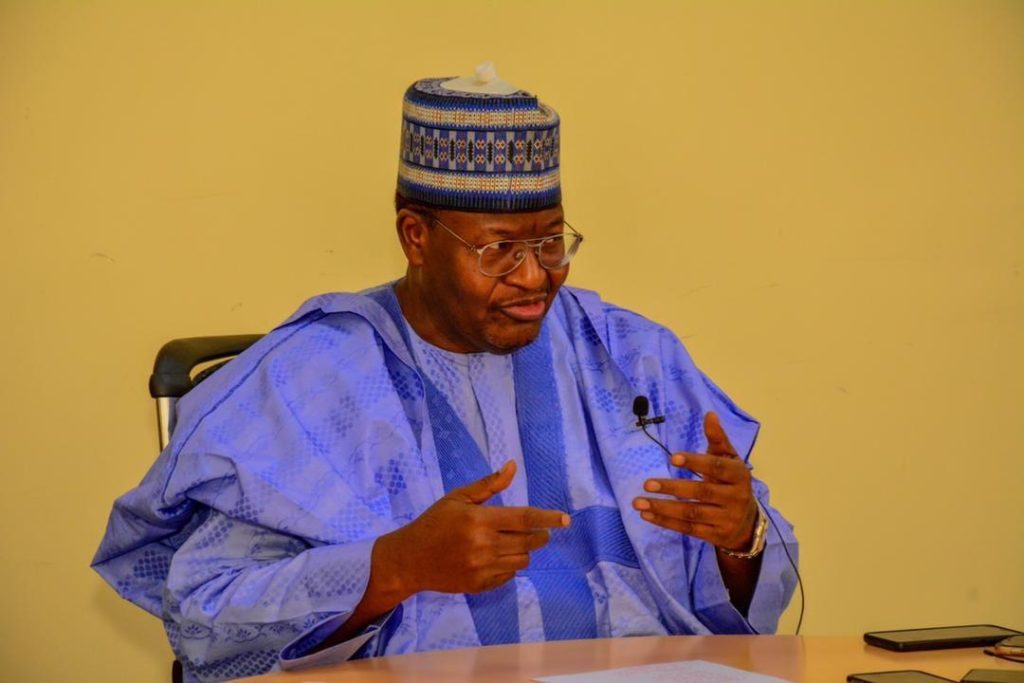The Executive Vice Chairman of the Nigerian Communications Commission (NCC), Prof. Umar Danbatta has again reiterated the position of identity in the country’s digital agenda pursuit, stressing that the development of a credible national identity database is crucial to the actualization of a robust digital economy.
Prof. Danbatta stated this while speaking on ‘Citizens Identity Management in a Digital Economy; the Role of Telecommunications Service Providers,’ in a webinar organized by the Association of Licensed Telecom Operators of Nigeria (ALTON).
“While Mobile devices and adequate digital infrastructure (i.e. broadband deployment etc) play an important role in the development of any digital economy, there is no gainsaying that the development of a credible national identity database is crucial to the actualization of a robust digital economy,” he said.
He argued that in more developed nations where robust digital ecosystems already exist, digital identity has been adopted as a tool for transformation of governance and service delivery in areas such as: transportation, financial inclusion, immigration, healthcare, social safety nets, agriculture, security etc.
Quoting Mckinsey Global Institute Report of 2019, the former University Lecturer noted that it is projected that in emerging economies such as Nigeria, digital Identity alone could unlock 50 to 70 percent of the countries full economic potential, assuming adoption rates of about 70 percent.
The report, according to him also projects that Nigeria along with other emerging countries could unlock economic value equivalent to between 3 and 13 percent of GDP by 2030 from the implementation of digital identity programs.
“Indeed a robust Identity Management System with quality data is key for every emerging economy. Nigeria, and by extension Africa, must therefore leverage on its digital identity as a reliable tool for socio economic development and accelerated growth of its digital economy,” he advised.
Highlighted the role of Telecommunications Service Providers in identity management, Prof. Danbatta argued that Mobile Telephony is a driver/enabler for digital identity programmes, especially in emerging countries such as Nigeria.
This is because Mobile Network Operators (MNOs) have the ability to reach the vast majority of individuals due to their vast networks/coverage of the landscape.
In the case of Nigeria, with a subscriber base of approximately 187 million and one of the largest databases holding the digital identity of Nigerians, the telecommunications industry is arguably the most critical stakeholder in the development of a credible national database in the Digital Economy Ecosystem.



